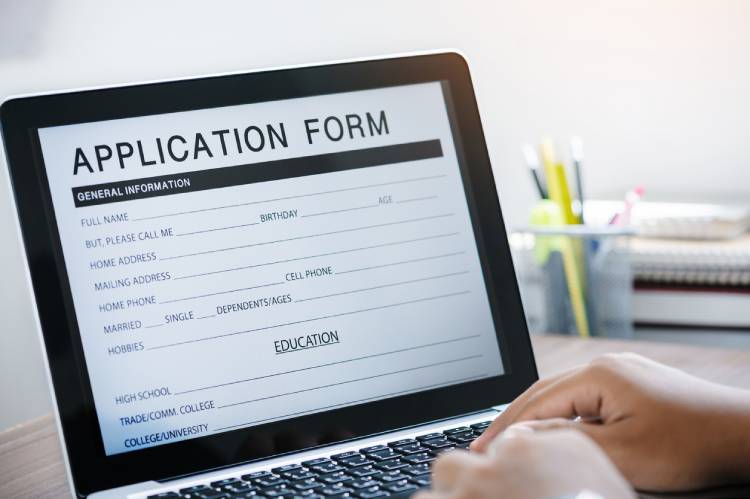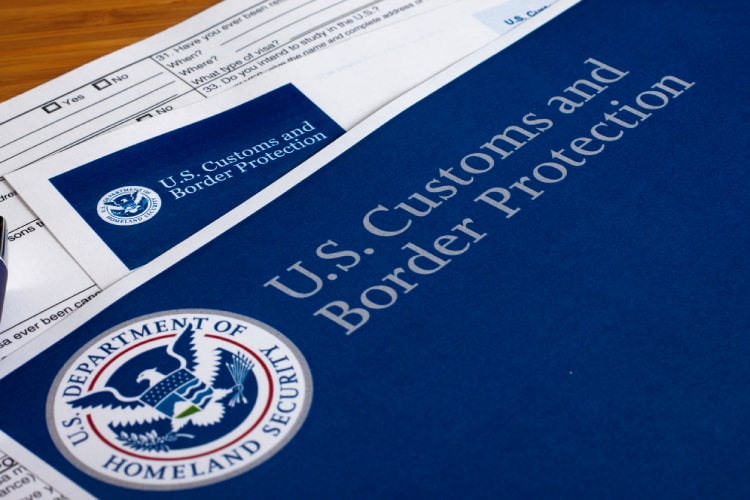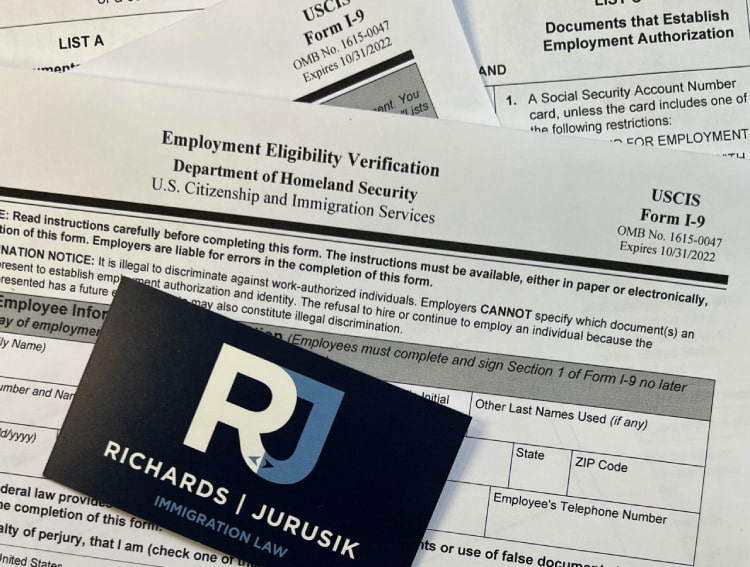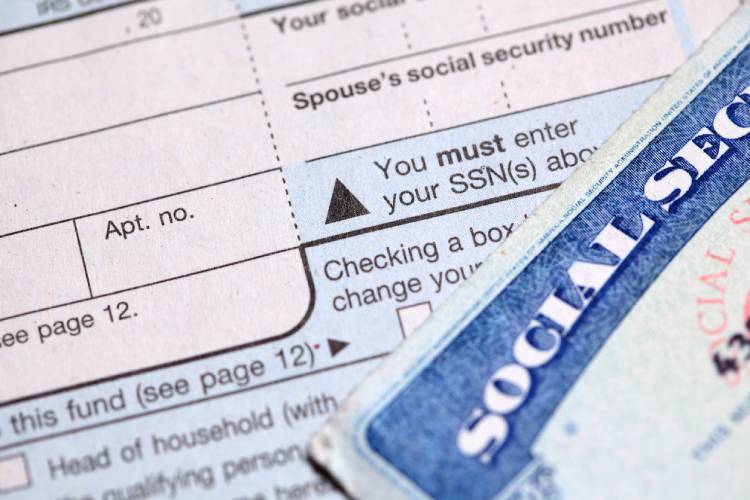

For many individuals planning a visit to the United States on a B1/B2 Visa, presenting a well-crafted invitation letter can significantly strengthen their application. While not mandatory, an invitation letter from a U.S. citizen or Legal Permanent Resident (LPR) can positively impact the visa process, especially when it highlights strong ties to the applicant’s home country. Here, we explain what makes an effective invitation letter for a U.S. visitor visa.
The letter should originate from the host and detail their relationship with the visitor. It should be dated, contain both parties’ full information, and specify the hosting arrangements and travel dates. Crucially, it should emphasize the temporary nature of the stay in the U.S.
Below is a template of how such a letter might be structured:
[Host’s Full Legal Name]
[Host’s Full U.S. Address]
Dear [Visitor’s Full Legal Name],
I, [Host’s Name], am delighted to invite you to the United States to celebrate my 50th wedding anniversary in Buffalo, NY, on February 21, 2050. You will be accommodated at my Buffalo, NY, residence from February 21 to February 28. Our plans include visiting Niagara Falls, Letchworth State Park, and Fort Niagara. I will cover the costs of your round-trip airfare, food, and medical insurance during your stay. Your presence would mean a lot to us.
[Host’s Contact Information]
Accompany this letter with relevant documents such as event invitations, proof of roundtrip airfare, host’s identification or passport, accommodation proof, and a detailed travel itinerary.
For B Visa applicants, remember:
Crafting an invitation letter with these elements can significantly enhance the credibility of your B1/B2 Visa application and facilitate your travel plans to the United States.
You may have questions regarding U.S. immigration laws and visas. We invite you to contact our team at Richards and Jurusik for detailed guidance and assistance. We aim to provide the most accurate and up-to-date information to make your immigration process smoother and less stressful. The immigration lawyers at Richards and Jurusik have decades of experience helping people to work and live in the United States. Read some of our hundreds of 5-star client reviews! Contact us today to assess your legal situation.

The United States attracts a variety of talented individuals from all over the world, and the O-1 visa is a pathway that allows these extraordinary individuals to obtain a work visa. With the O-1 visa, those with significant abilities in the sciences, arts, education, business, athletics, or film and television can contribute substantially to the U.S. Our Top 10 FAQs cover everything you need to know about this non-immigrant visa.

Securing employment in the U.S. involves navigating through various pre-employment inquiries, especially for foreign professionals. These questions are pivotal for employers to gauge their immigration and sponsorship responsibilities. Understanding these inquiries is important for obtaining and maintaining job opportunities in the U.S.

Your I-94 admission record is more than a mere stamp in your passport. It documents your entry date, admission class, and the approved duration of stay, whether a physical stamp or an electronic document; accuracy is crucial, especially for visa categories like TN, L-1, E-2, and more. In this article, we explain the importance of your I-94 admission record, how to retrieve it, and how to request necessary changes in your record with CBP.

Understanding the nuances of travel documents, particularly the advance parole document, is crucial for individuals navigating the complexities of U.S. immigration. This article explains the process, emphasizing the importance of advance parole for those with pending immigration applications and its role in reentering the United States without a visa.

The USCIS Form I-9 is not merely administrative paperwork but crucial for verifying employment eligibility for U.S. citizens and non-citizens. Here, we go into the vital details every employer must know to navigate this process smoothly. Critical Deadlines for Completing Form I-9 Meeting specific deadlines is fundamental for the efficient completion of Form I-9: Section…

Welcoming foreign nationals on non-immigrant visas to your team often comes with unique challenges, especially concerning the Social Security Number (SSN). Delays in obtaining an SSN can affect payroll and benefits processing, yet employers must navigate these hurdles efficiently. This post discusses onboarding foreign employees awaiting their SSNs, ensuring a smooth transition for the company and the new hires.